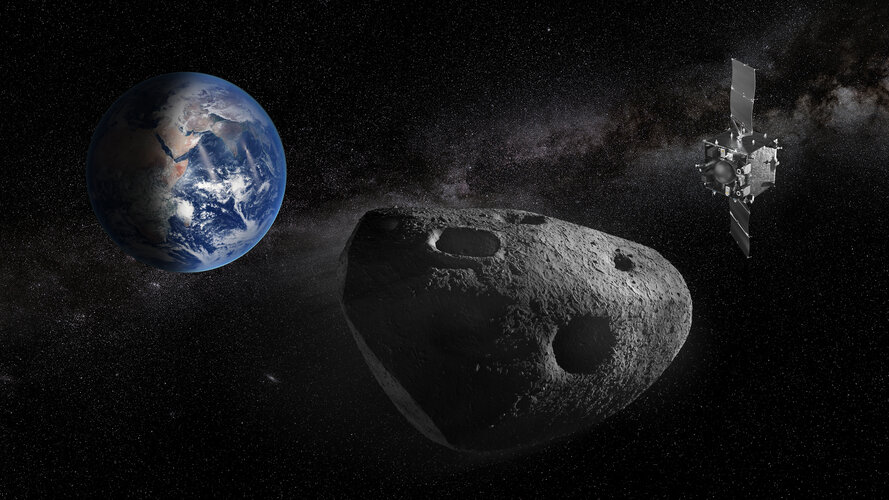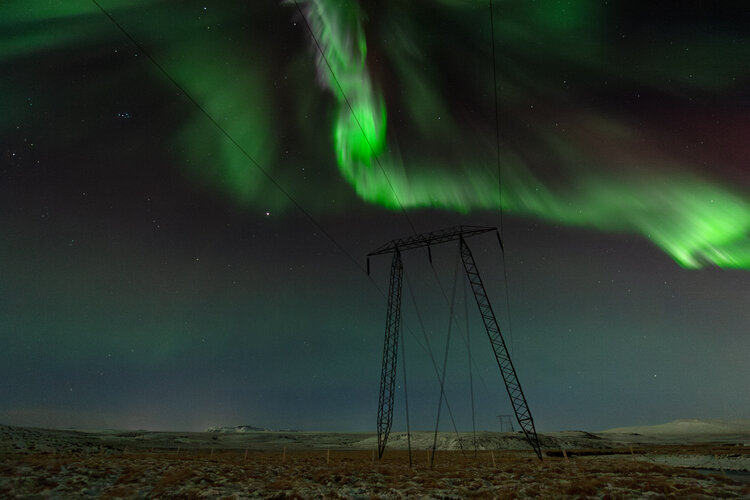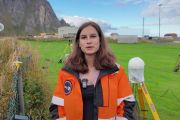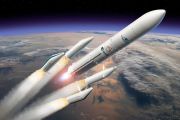
Copernical Team
NASA Continuing Efforts to Restore Contact with Lunar Trailblazer
 NASA's mission operations team at Caltech's IPAC remains committed to restoring communication with the Lunar Trailblazer satellite, which recently lost signal.
Preliminary telemetry data prior to the loss of contact, combined with ground-based radar observations from March 2, suggest that Lunar Trailblazer is in a low-power state and spinning slowly. Mission controllers are actively monito
NASA's mission operations team at Caltech's IPAC remains committed to restoring communication with the Lunar Trailblazer satellite, which recently lost signal.
Preliminary telemetry data prior to the loss of contact, combined with ground-based radar observations from March 2, suggest that Lunar Trailblazer is in a low-power state and spinning slowly. Mission controllers are actively monito Redwire Selected to Develop Concept for Advanced Mars Spacecraft
 Redwire Corporation (NYSE:RDW), a leading provider of space infrastructure, has secured a study contract from the European Space Agency (ESA) to design an innovative spacecraft platform intended for future Mars missions under the ESA LightShip initiative.
Redwire's Belgian subsidiary, Redwire Space NV, is one of four organizations selected for independent industry studies focused on defini
Redwire Corporation (NYSE:RDW), a leading provider of space infrastructure, has secured a study contract from the European Space Agency (ESA) to design an innovative spacecraft platform intended for future Mars missions under the ESA LightShip initiative.
Redwire's Belgian subsidiary, Redwire Space NV, is one of four organizations selected for independent industry studies focused on defini Europe's Ariane 6 rocket launch rescheduled to March 6
 The first commercial mission of Europe's new heavy-lift rocket Ariane 6 has been rescheduled for Thursday, French company Arianespace announced, after an "anomaly" forced a last-minute postponement.
The already twice-delayed rocket was slated to lift off Monday, but had to be delayed after the discovery of a dysfunctional valve.
The high-profile mission aims to carry a French military sa
The first commercial mission of Europe's new heavy-lift rocket Ariane 6 has been rescheduled for Thursday, French company Arianespace announced, after an "anomaly" forced a last-minute postponement.
The already twice-delayed rocket was slated to lift off Monday, but had to be delayed after the discovery of a dysfunctional valve.
The high-profile mission aims to carry a French military sa Musk survives Royal Society expulsion; EU tasked to detail public funding to SpaceX, Tesla
 Tech billionaire Elon Musk has survived calls for his expulsion from the Royal Society following a crunch meeting at the elite British science institute.
However, the roughly 150 members in attendance vowed to combat "misinformation and ideologically motivated attacks" on science following Monday's closed-door talks.
It came after more than 3,000 people including Nobel prize winners sign
Tech billionaire Elon Musk has survived calls for his expulsion from the Royal Society following a crunch meeting at the elite British science institute.
However, the roughly 150 members in attendance vowed to combat "misinformation and ideologically motivated attacks" on science following Monday's closed-door talks.
It came after more than 3,000 people including Nobel prize winners sign SpaceX aims for Wednesday Starship test flight after last-minute scrub
 Elon Musk's SpaceX is now aiming for Wednesday to conduct the next test flight of its massive Starship rocket, following a last-minute cancellation on Monday.
The world's biggest and most powerful launch vehicle is set to lift off from SpaceX's Starbase facility in Boca Chica, Texas, during a launch window that opens at 5:30 pm local time (2330 GMT).
It will be Starship's eighth orbital
Elon Musk's SpaceX is now aiming for Wednesday to conduct the next test flight of its massive Starship rocket, following a last-minute cancellation on Monday.
The world's biggest and most powerful launch vehicle is set to lift off from SpaceX's Starbase facility in Boca Chica, Texas, during a launch window that opens at 5:30 pm local time (2330 GMT).
It will be Starship's eighth orbital First CubeSat joins ESA's Ramses mission to asteroid Apophis

Striking images tell the story of space weather

A compelling collection of images that illustrates humanity’s efforts to mitigate the far-reaching impacts of violent solar outbursts has been unveiled in London.
Nord Stream methane leak far bigger than estimated

The methane emitted in 2022 by the damaged Nord Stream gas pipelines was more than double the volume estimated at the time, according to a study published in Nature.
Scientists establish link between Earth's orbital shifts and ice age cycles
 Around 2.5 million years ago, Earth began experiencing alternating glacial and interglacial periods, with the last ice age concluding approximately 11,700 years ago. Now, a new study indicates that the next glaciation event could commence in about 10,000 years.
An international team of researchers, including scientists from UC Santa Barbara, has examined how subtle variations in Earth's or
Around 2.5 million years ago, Earth began experiencing alternating glacial and interglacial periods, with the last ice age concluding approximately 11,700 years ago. Now, a new study indicates that the next glaciation event could commence in about 10,000 years.
An international team of researchers, including scientists from UC Santa Barbara, has examined how subtle variations in Earth's or China advances manned lunar program for 2030 moon landing
 China is making steady strides toward its goal of landing astronauts on the moon by 2030, with research and development efforts progressing as scheduled, the China Manned Space Agency announced Monday.
According to the agency's latest update, key elements of the lunar mission-including the Long March 10 heavy-lift rocket, the Mengzhou crewed spacecraft, the Lanyue lunar lander, the Wangyu
China is making steady strides toward its goal of landing astronauts on the moon by 2030, with research and development efforts progressing as scheduled, the China Manned Space Agency announced Monday.
According to the agency's latest update, key elements of the lunar mission-including the Long March 10 heavy-lift rocket, the Mengzhou crewed spacecraft, the Lanyue lunar lander, the Wangyu 




























